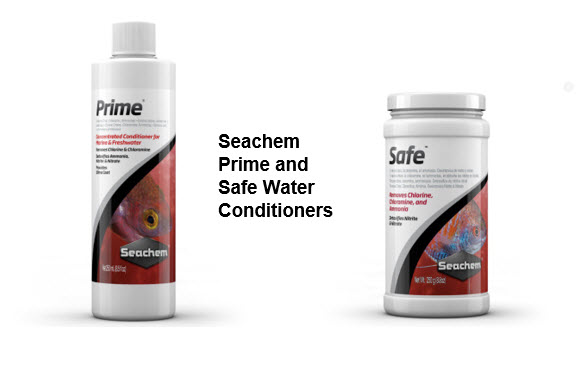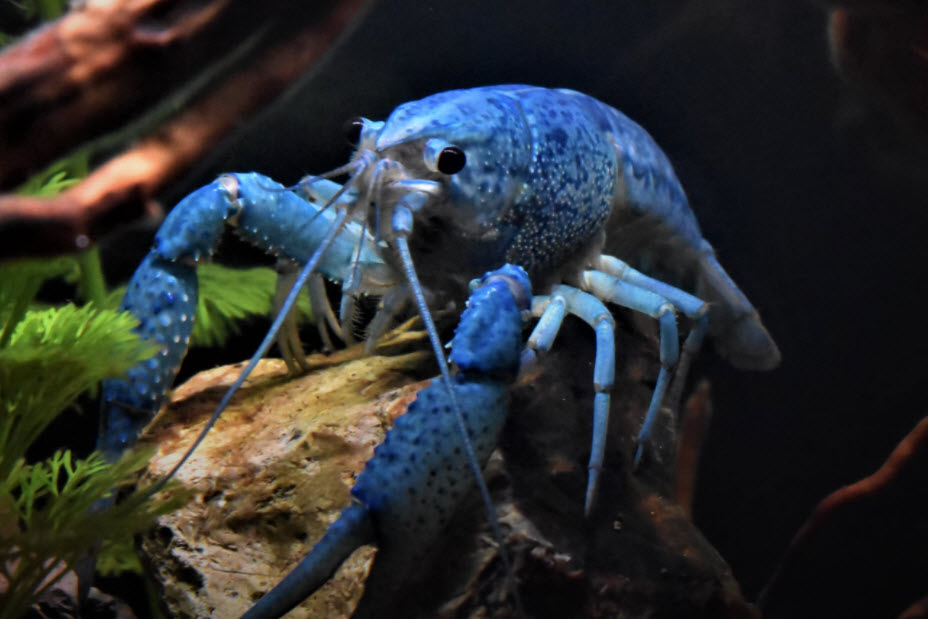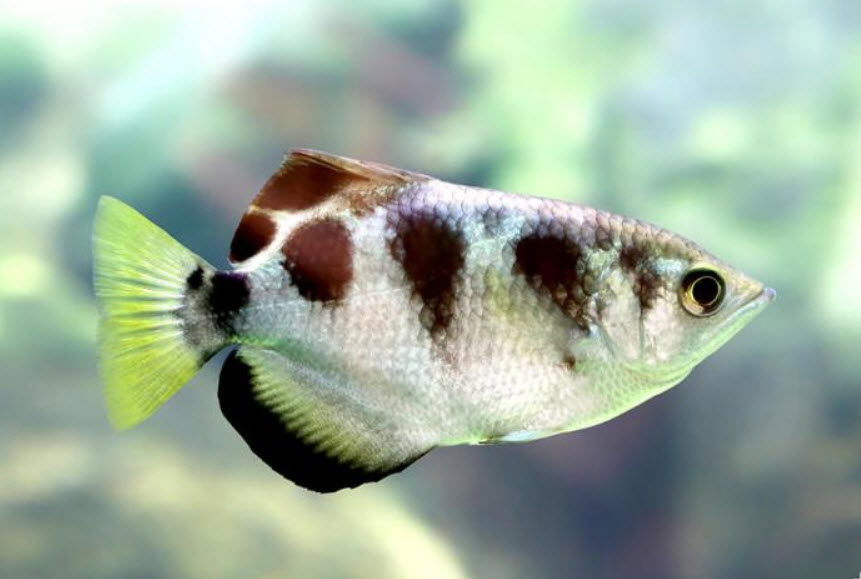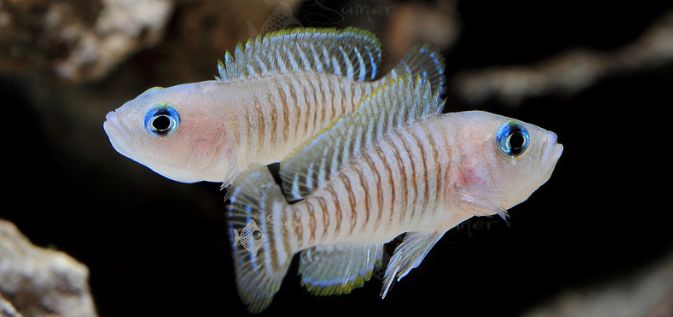
Seachem makes two water conditioners, Safe and Prime. Both these products make a series of claims which are just plain false. In a letter, the Seachem lawyer made a false claim which this article examines in depth:
False claim #4, Only Prime and Safe Remove Chloramine
In the Seachem lawyer’s letter in article “5.5.3.2.3. Prime, Safe and Sodium Dithionite” the Seachem in-house lawyer makes the claim that “thiosulfate does not remove chloramine” while Prime and Safe do remove chloramine. Interesting. Per the research paper: “The Removal of Residual Chlorine from Tap Water that is to be Used in Aquaria”, Vernon W. Cole and William M. Lewis, Southern Illinois University, 1958:
“In order to test the use of thiosulfate on chloramine-treated water, ammonium hydroxide was added to an aquarium at a rate that was calculated to unite with most of the chlorine present producing a concentration of approximately 2.0 ppm. of chloramine. These tests indicated that thiosulfate was effective in detoxifying chloramine-treated water when used at the same rate as for water treated with gaseous chlorine. Fish added to this tank following treatment for chloramine survived for the test period of two weeks in good condition.”
In the article “5.5.3.2.3. Prime, Safe and Sodium Dithionite” the author explains how the chemical entity in Prime and Safe, namely sodium dithionite, dissociates in water into a series of sulfites, just like ALL the other conditioners. And the sulfites are what neutralizes BOTH chlorine and chloramine. Since the chemistry of Prime and Safe is identical to the chemistry of ALL the other conditioners, this claim would certainly appear to be snake oil marketing hype.
But the author is willing to admit maybe he missed something in the analysis. So a simple test was done to examine the veracity of this claim about chloramine neutralization. The test clearly showed that Prime and Thiosulfate BOTH neutralize chloramine equally well, contrary to the claims of the Seachem lawyer. Indeed, ALL nine conditioners tested did a decent job on both chlorine and chloramine.

Test
A simple test was set up. In order to get better accuracy the level of chloramine was taken to four times the “normal” amount in tap water. Chloramine was added to a gallon of distilled water at the level of 4 ppm. Then the following water conditioners were added to cups of this water at a level double what was recommend on the label. This should leave 2 ppm of chloramine if the conditioner neutralized 1 ppm of chloramine.
Then the chlorine was tested with three different total chlorine test kits (Orthotolidine, SenSafe, LaMotte Insta-Test). The level of chlorine found was then subtracted from four. It was then divided by two to find the level of chloramine each conditioner will neutralize when used at the recommended level.

Resultaten
- Prime (dithionite) 1.2, 1.5, 1.0
- Safe (dithionite) 1.5, 1.3. 1.1
- AmQuel Plus (Hydroxymethanesulfinate) 2.2, 1.8, 2.4
- Aquatic Experts TankFirst (Proprietary) 1.7, 1.1. 1.4
- API Tap Water Conditioner (Thiosulfate) 1.0, 2.0, 2.2
- Aqueon Water Conditioner (Thiosulfate) 1.8, 2.0, 2.1
- Fritz Guard (Proprietary) 1.5, 1.1. 1.8
- Tetra AquaSafe (Hydroxymethanesulfinate) 1.3, 1.4, 1.6
- DIY solution of Sodium Dithionite 2.1, 2.8, 2.8
- DIY solution of Sodium Thiosulfate 3.1, 2.4, 2.7
- Control (nothing added) 0 ppm, 0 ppm, 0 ppm
These nine products ALL neutralized chloramine at roughly the same level. So the two Seachem claims are simply marketing hype.
Note this is a very easy test anyone can do. Duplicate the test if you don’t believe it. Note that Eric Lin did a similar test of water conditioners and got very similar results (private correspondence).

The author must emphasis here that Prime and Safe are perfectly safe to use with fish and are both effective and inexpensive ways to neutralize chlorine or chloramine in tap water. The author’s research has ONLY shown that thiosulfate products are equally effective AND that Prime and Safe do not even temporarily “detoxify” or “bind” ammonia, nitrite, or nitrate.
Other False Claims
In addition to the false claim that Prime and Safe are the only conditioners that remove chloramine, Seachem goes on to make the following false claims about Prime and Safe:
-
Prime and Safe used during cycling won’t affect the cycle time.
-
Safe cannot be made into Prime. If diluted into a liquid, Safe must be used immediately.
All of these claims are nothing more than snake oil marketing hype with no more validity than the late night commercials for hair loss products or virility enhancing pills. To go to an article proving each claim false simply click on the link on the false claim. All of these claims are proven false by testing delineated in each of the articles.
Aquarium Science Website
The chapters shown below or on the right side in maroon lead to close to 400 articles on all aspects of keeping a freshwater aquarium. These articles have NO links to profit making sites and are thus unbiased in their recommendations, unlike all the for-profit sites you will find with Google. Bookmark and browse!

